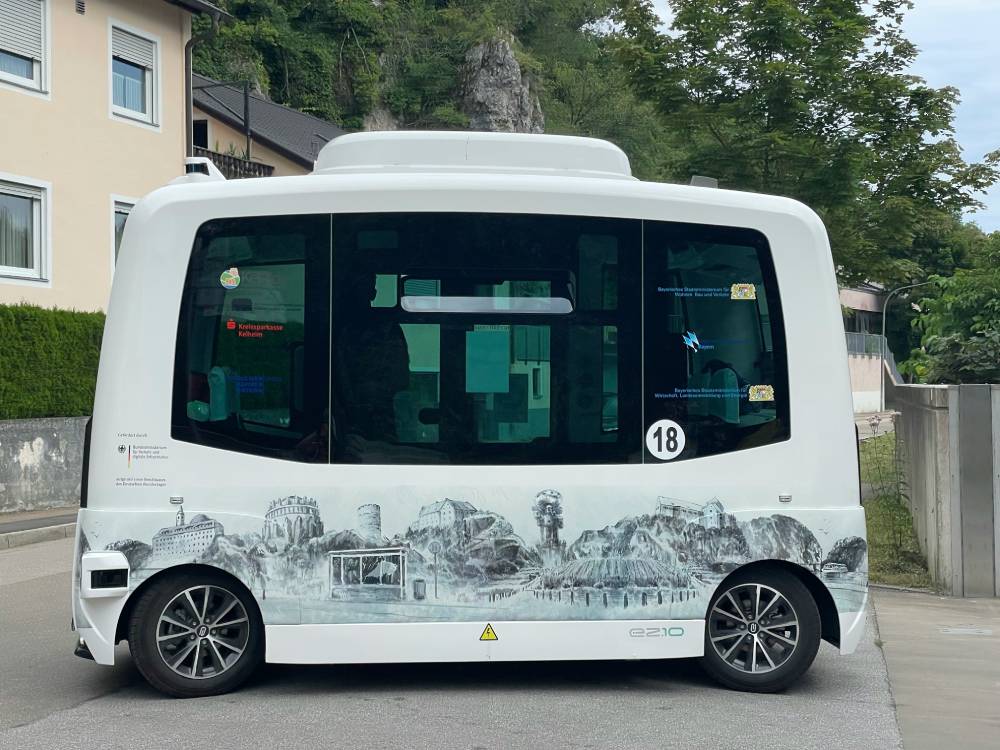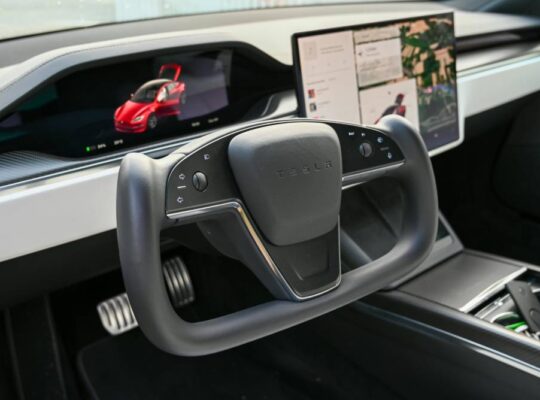AI-Powered Autonomous Vehicles: The Road to 2024
AI-powered autonomous vehicles are transforming the transportation industry. These self-driving vehicles are set to revolutionize how we travel in 2024 and beyond. With AI at their core, these vehicles can navigate, make decisions, and interact with their surroundings without human intervention. As the technology evolves, autonomous vehicles are expected to improve road safety, reduce congestion, and provide a better overall driving experience.
The Role of AI in Autonomous Vehicles
AI is essential for making autonomous vehicles function. Machine learning algorithms and neural networks analyze data from sensors, cameras, and LiDAR systems. This helps the vehicle understand its environment and make real-time decisions, like avoiding obstacles and following traffic rules. AI systems continue to learn from driving patterns, improving the vehicle’s efficiency and reliability.
Improving Road Safety
One of the biggest benefits of AI-powered vehicles is road safety. Human error causes many accidents. AI-driven vehicles, on the other hand, can make faster, more accurate decisions. These vehicles have sensors and cameras that help them maintain constant awareness of their surroundings. This reduces accidents caused by human mistakes.
Additionally, autonomous vehicles can communicate with other cars on the road. This reduces the risk of accidents and improves traffic flow. Smarter infrastructure will also emerge, allowing traffic systems to work in sync with autonomous vehicles.
Enhancing Convenience and Efficiency
Autonomous vehicles aim to make transportation more convenient and efficient. These vehicles can adjust their routes based on real-time traffic data, getting passengers to their destinations more quickly. They also offer an opportunity for passengers to be productive during their journey. With no need to drive, passengers can relax, work, or enjoy entertainment.
In the commercial sector, AI-powered trucks and delivery vehicles are already in testing. These vehicles can operate 24/7, improving efficiency in logistics and reducing delivery times.
Challenges and Future Prospects
Despite the advantages, there are still challenges. Regulatory hurdles, safety concerns, and infrastructure upgrades must be addressed before autonomous vehicles can become mainstream. Governments and the industry must collaborate on creating policies to ensure the safe use of these vehicles.
AI-powered autonomous vehicles are still under development, but they are already making progress. By 2024, we expect to see more of these vehicles on the roads. With continued advancements, autonomous vehicles will play a significant role in making transportation safer, more efficient, and environmentally friendly.
In conclusion, autonomous vehicles are set to reshape the transportation landscape in 2024. Their potential to enhance safety, efficiency, and convenience will lead to a smarter and more connected future. As the technology develops, we can expect even greater impacts on how we travel.
Looking for a SEO based Website CLICK HERE
GO BACK TO HOME











